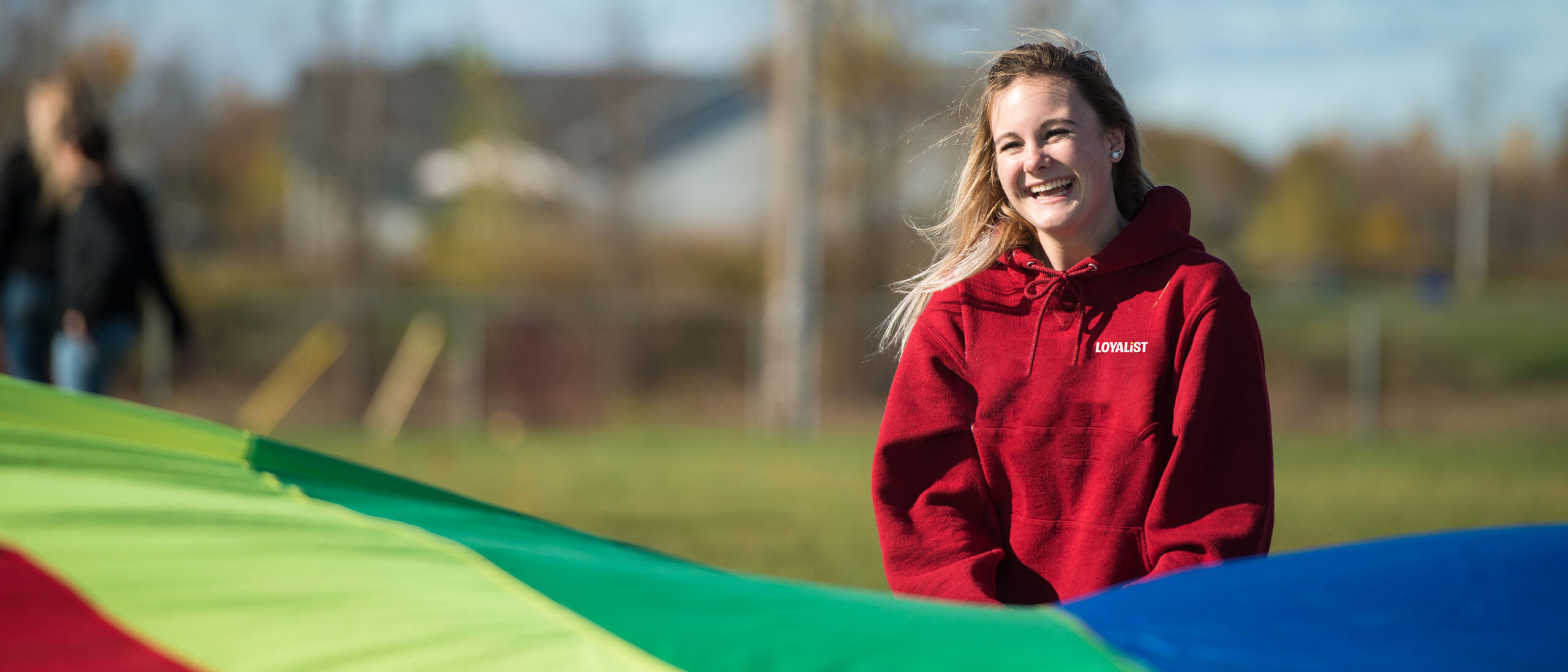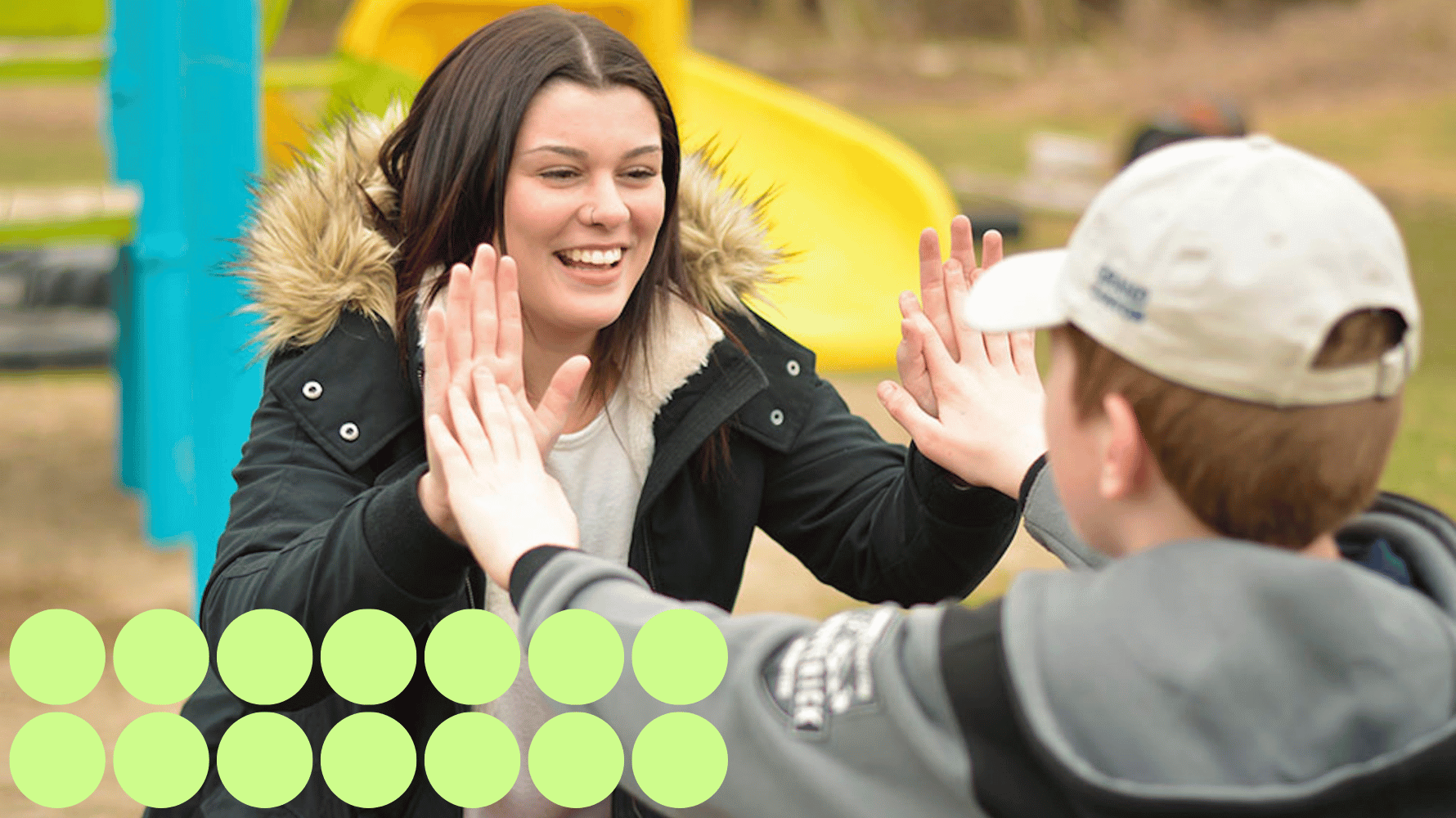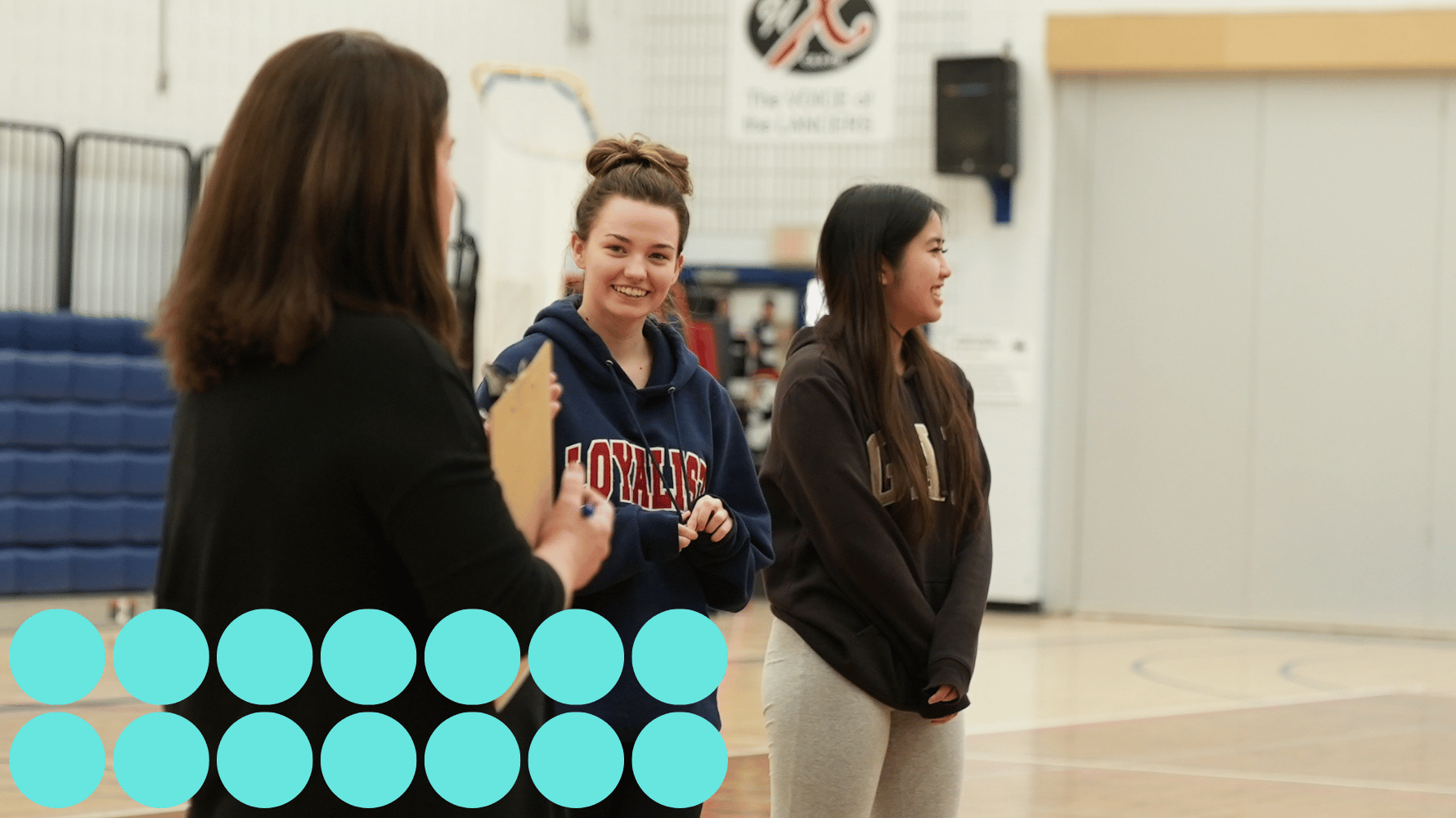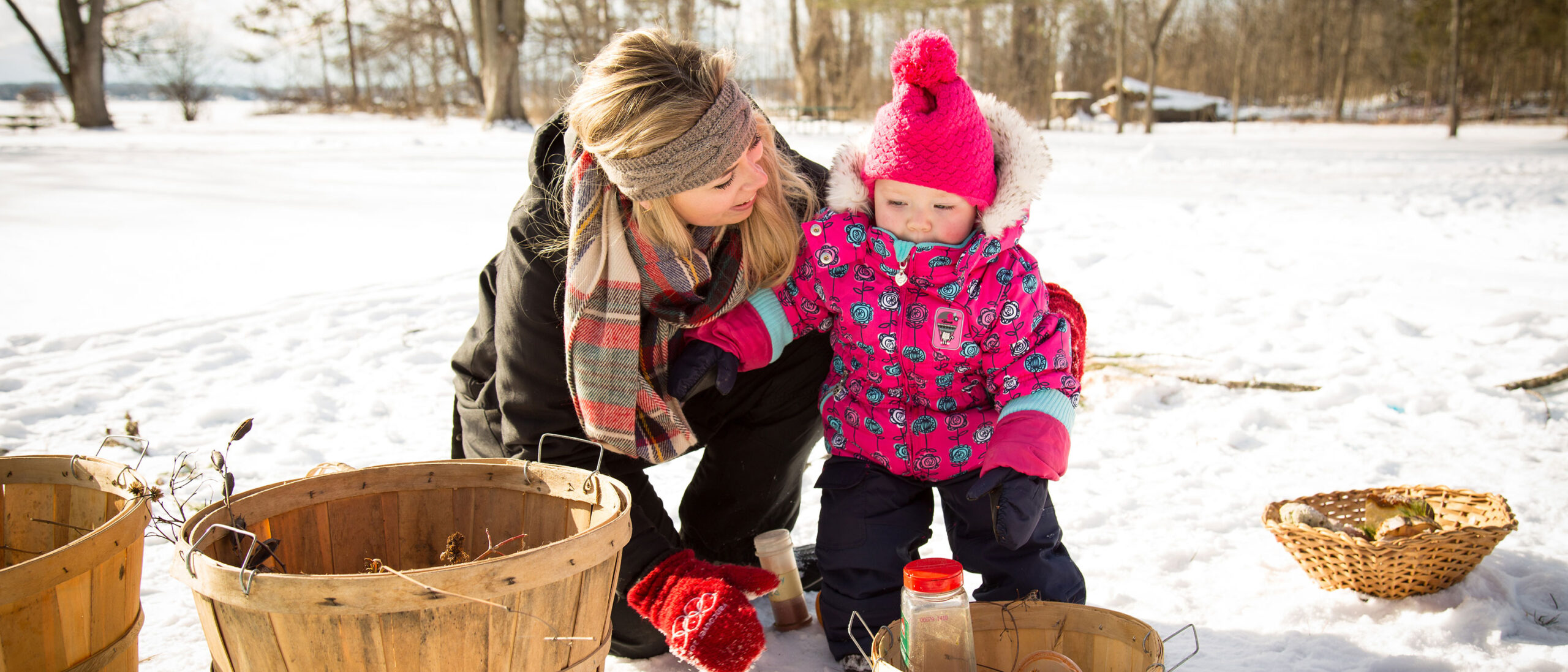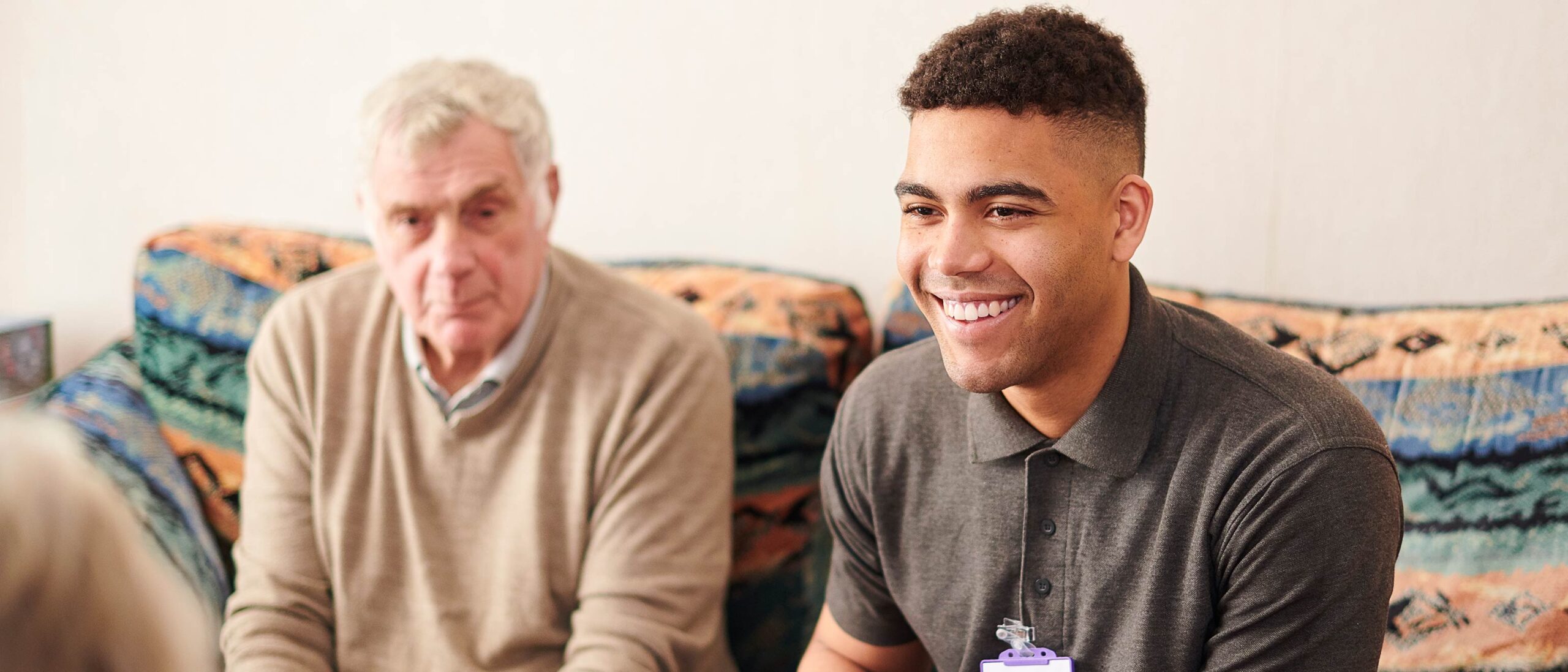Find your career
Child and youth care practitioners work front-line with children, youth and their families as part of a multi-disciplinary teams.
Settings include:
- School-based programs
- Child welfare and protection
- Group homes and residential treatment facilities
- Community mental health and children’s mental health programs
- Youth outreach centres
- Community-based child and youth development programs
- Home-based care and treatment
- Parent education and family support
- Hospital-based services
- Youth justice programs
- Private practice
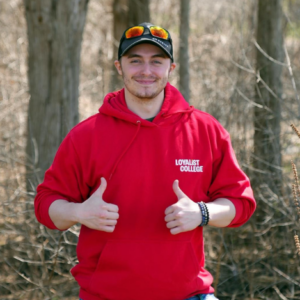
My experience with the CYC program has been phenomenal! The professors go above and beyond to ensure we are grasping the knowledge and relating it to both ourselves and the field of child and youth care. They have given me the ability and support I needed to discover who I am, and that knowledge is something I would never trade. This program has a way of bringing passionate people together – as we call it, “Our CYC family.”
Bradley, Child and Youth Care, 2023
Our grads get great jobs
- Child and Youth Worker, Kawartha Pine Ridge District School Board
- Enhanced Support Worker, Military Family Resource Centre
- Program Manager, Applewood Academy
- Child and Youth Service Worker, Dnaagdawenmag Binnoojiiyag Child & Family Services Agency
- Direct Support Professional, Community Living
- Professor of Child and Youth Care, St. Clair College
- Manager, Children’s Mental Health Services, Belleville
- Enhanced Support Worker, Abigail’s Learning Centre
- Child and Youth Counsellor II, Lutherwood Children’s Mental Health
- Child and Youth Worker, Children’s Mental Health, Belleville
- Program Manager, Boys and Girls Club
Is it for you?
Child and Youth Care Practitioners support people to live their best lives. To do this, they need:
- Empathy and good people skills
- The ability to be open minded, accepting and non-judgmental
- A strong desire to help others
- A willingness to learn
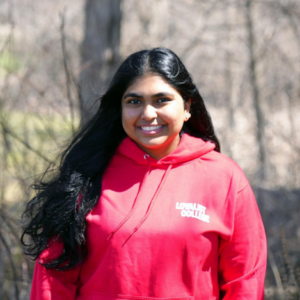
Being in the CYC program for almost a year now, I couldn’t be happier that I chose Loyalist. The small class size has allowed me to build close friendships with my peers, while being known and supported by my professors. At Loyalist, you are not just a student number, you are known by name, encouraged and valued, characteristics that are key as a CYC! Growing up in Toronto, I hesitated to move to Belleville, but I have found a sense of home here and I couldn’t recommend it more.
Prashaani, Child and Youth Care, 2023

